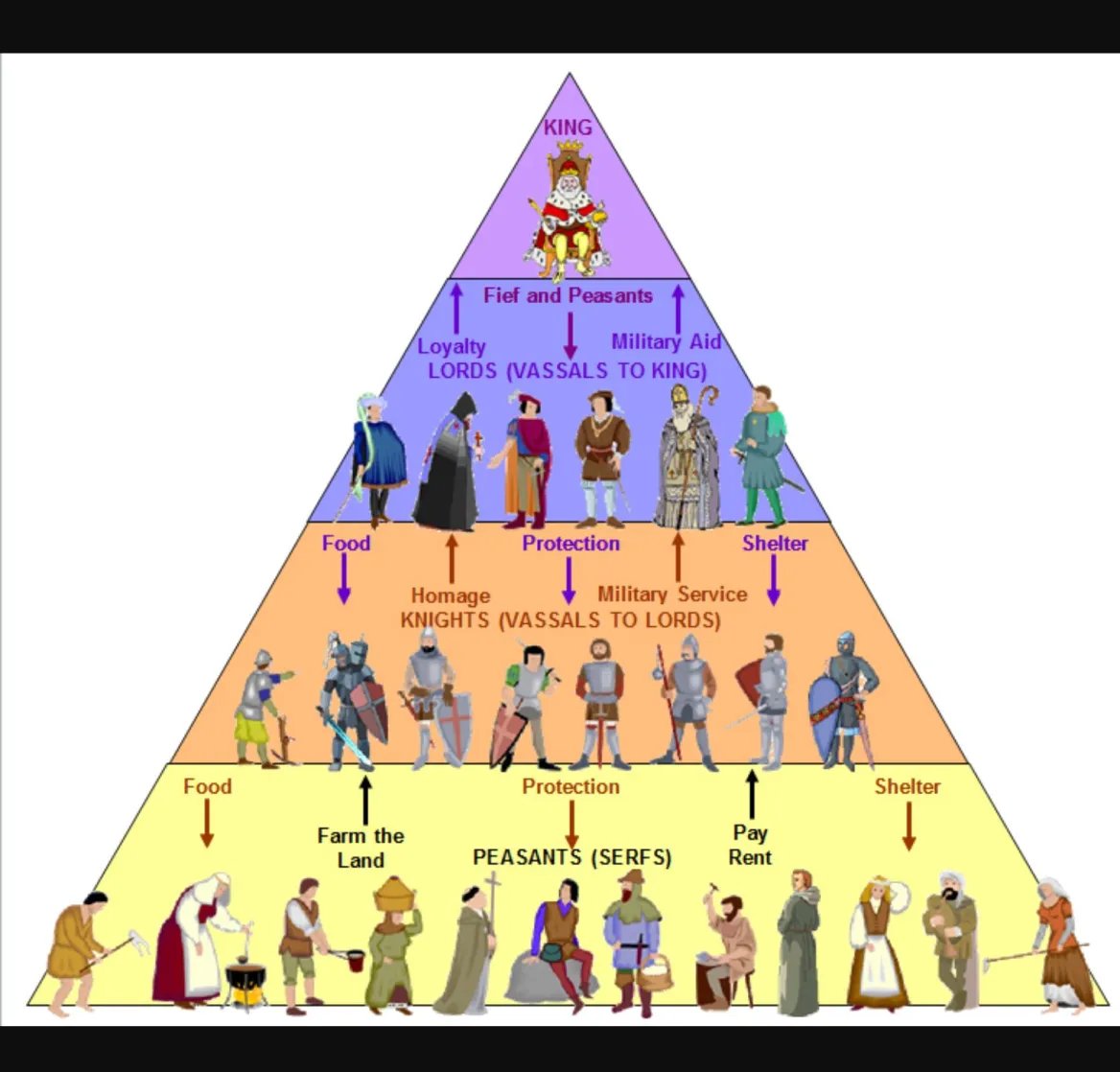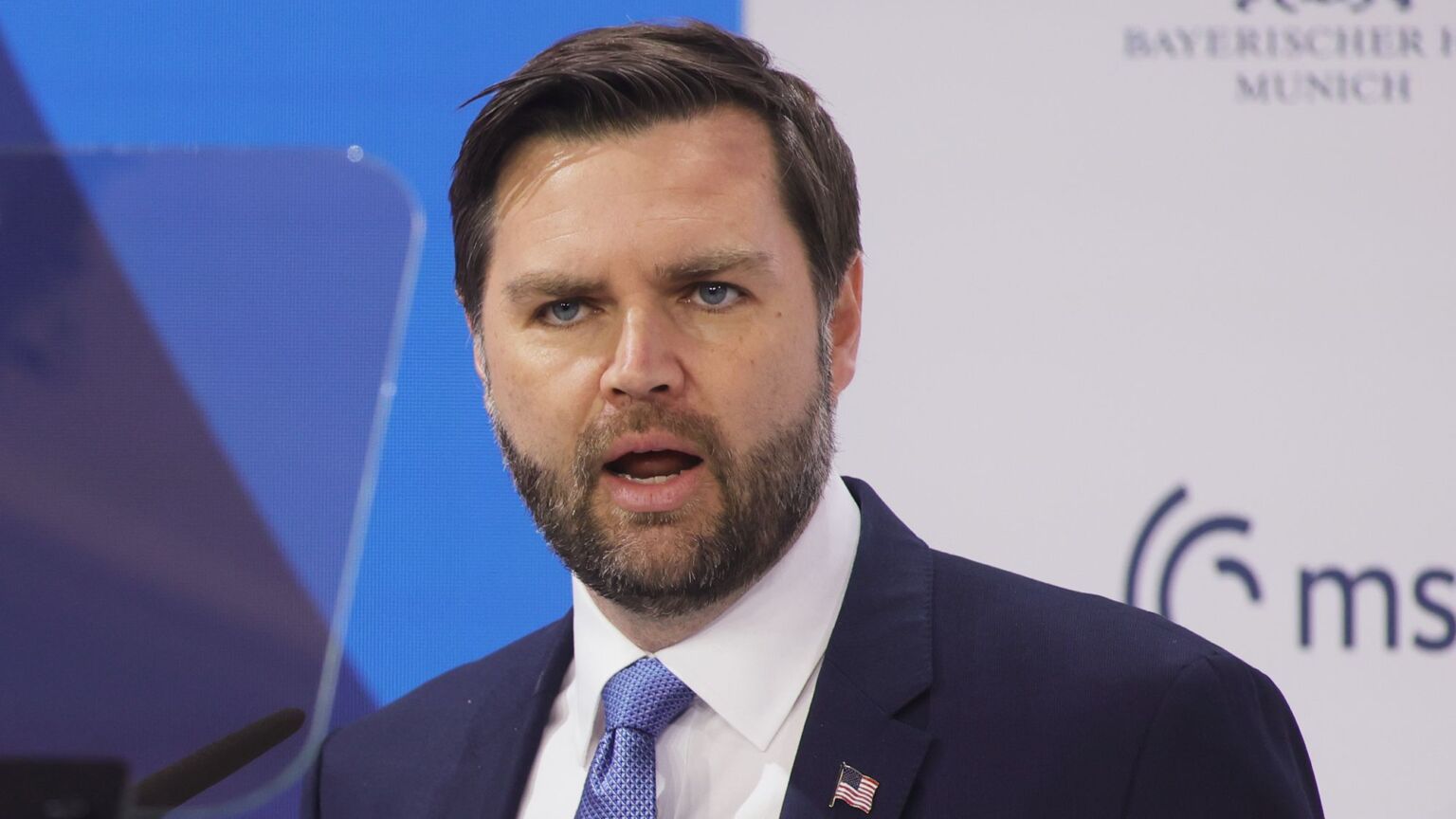IMO, @JDVance was correct to call out the hypocrisy of Eurocrats.
Politicians constantly bleat about “democracy” while pushing censorship, media control, and speech restrictions.
Why? Because their version of democracy isn’t about their people. It’s about them staying in power, and so-called Non-governmental organizations )NGOs) are an integral component of their stranglehold.
I'll explain why I believe this:
Forget “nationalism vs. globalism.”
The Western European world still largely operates as a feudal system, where a tiny ruling class (the heirs of the medieval aristocracy) hoards power against peasant revolts.
It's apparent to me that Eurocrats believe that the U.S. isn’t governed by the three branches of our Republic (Legislative, Executive, Judicial).
With some justification, I'd say.
The globalist power structure looks very different.
Globally, NGOs, unelected bureaucrats, and self-appointed institutionalized elites dictate policy from above. The peasants are just supposed to pay up and accept it.
In the Middle Ages, feudalism looked like this:

What's changed? Not much, in my view. Instead of hereditary titles, the "better class" awards themselves credentials reinforced by "awards" and "prizes" that proclaim their "expertise".
Realpolitik rules on the world stage, through NGOs, vague foreign policy schemes, and multinational organizations that intentionally obscure their nature, their mission and the sources of their funding. That’s where the power is.
The push to eradicate nationhood and national borders is plain to see.
"Nationalism" is now a pejorative term in some circles.
Why? I presume it's because citizens with a strong national identity can challenge the ruling class.
That might explain why the globalists advocate for open borders and "multiculturalism". Homogeneity is perceived as a threat.

